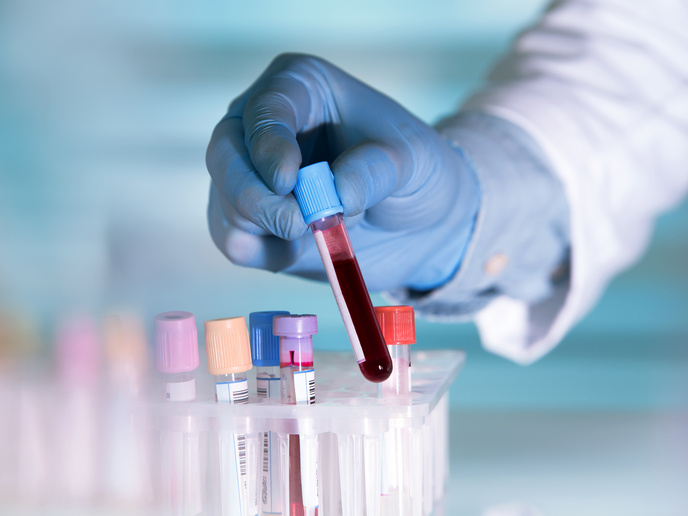AI-assisted digital platform to monitor and support cancer survivors
As diagnostic tools and treatments for cancer improve survival rates, there are more cancer survivors but often little coordination or individualised plans for these patients’ complex needs as they transition to normal life. “We created the PERSIST(opens in new window) platform based on artificial intelligence (AI), big data technologies and mobile health apps. The aim was to integrate data from different sources, in order to identify the main needs of the increasing number of cancer survivors and to provide data solutions to improve the quality of care and aid their recovery,” says PERSIST project coordinator Alberto Sánchez, head of eHealth at www.gradiant.org/en (Gradiant), a research and technology centre in Spain. “We try to identify the unmet needs of patients,” explains Alicia Jiménez, head of EU Programmes at Gradiant, noting many face challenges returning to normal life. These may include: coping with the after-effects of chemotherapy; financial issues which cause psychological stress and affect quality of life as many stop working during treatment; and lack of psychological support. “One of the good things we expect through the technology is to reduce their anxiety,” Jiménez adds. “Patients feel alone and don’t feel supported by the healthcare system and it affects their emotional well-being. There is also the fear of recurrence, which is always present for a cancer survivor.”
Platform with apps for patients and healthcare professionals
The PERSIST platform merges data from different sources, including electronic health records from participating hospitals, data provided by patients and patient-monitoring apps and clinical data – combined to generate decision-making support for health professionals using AI. The project developed an mHealth (mobile health) application connected to a smart wrist band to automatically collect some patient data such as their heart rate, respiratory rate and blood pressure. Another application gathers patient-reported experiences based on responses to a series of questions. Daily video diaries recorded by the patient are integrated into the platform, with patients responding to prompts such as how they feel that day. A specialised liquid biopsy app was added to monitor the advance of cancer and estimate recurrence risk based on predictive models. This app automates the counting of circulating tumour cells (CTCs) in blood samples, generating new biomarkers. This cuts short the time-consuming biopsy analysis in the lab, providing quicker data to clinicians allowing them to intervene earlier.
The challenge of integrating data from different sources
The consortium of 13 partners involved four hospitals in Belgium, Latvia, Slovenia and Spain and around 120 people working on the project. Around 10 000 anonymised patient records were generated before the project by one of the hospitals, and approximately160 patients with breast and colorectal cancer were involved in the clinical trials pilot. Both have quite high survival rates, But one of the biggest challenges is combining data from different sources and systems. “We had to integrate all this information into a single server to make it exploitable by different AI and big data models,” explains Sánchez.
Video and speech analysis using AI
The platform also had to integrate patients’ video recordings, converting speech to data and using natural language processing to understand them. “We are analysing the speech and gestures of patients in the videos to identify when they are at risk of emotional distress,” notes Jiménez. The project added different languages and new features to help AI generate relevant support recommendations to healthcare professionals. While the focus of the project was on developing technology, the intention is for a longer pilot in a larger clinical study involving more hospitals to assess whether it results in clinicians actually intervening earlier, says Sánchez. The platform can be extended to other types of cancer, he adds.







